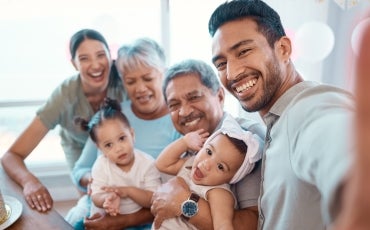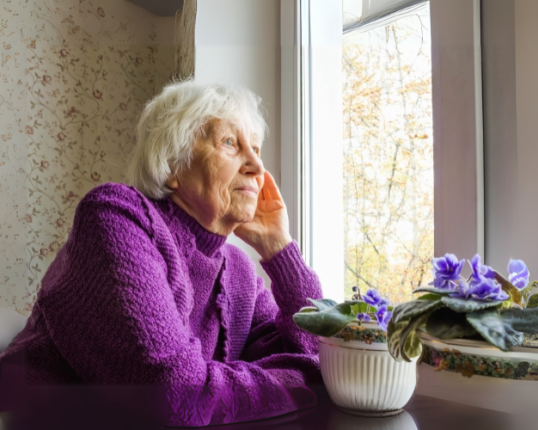Age Discrimination
Join us in combatting age discrimination and promoting equality for all, regardless of age.
The value of human rights
Everyone has the right to be safe and free from discrimination, regardless of age. The foundation of a fair and inclusive society, human rights recognise the inherent value of each person. No matter who we are, or what our situations are, we all have the right to be treated with respect and dignity. Learn more about human rights.
Rights, discrimination and complaints
Young, old and everyone in between – Australians of all ages have the right to be treated fairly and to enjoy the same opportunities as others. Understand the Age Discrimination Act, and how to take action against discrimination.

Know your rights
Age discrimination is against the law. Age discrimination can affect people in employment, education, accessing goods and services, housing, healthcare and many other areas.

The Age Discrimination Act
Ageism and age discrimination can be barriers to individuals’ full and equal enjoyment in many areas of their life, including employment, education, housing and simply taking part in everyday activities. Learn how the Age Discrimination Act makes it illegal to treat a person unfairly due to their age or age group, including younger people and older people.

About making a complaint
The Age Discrimination Act allows you to make a complaint and get fair treatment in employment, education, public places or accessing goods and services.
Resources and publications
Resources, publications, training and other materials relating to ageism and age discrimination for anyone wanting to learn more or contribute to meaningful change.

Resources
Explore guides and resources relating to older persons rights in the workplace and in retirement and how to navigate future planning.

Publications
Search or browse our collection of age-related reports and publications.

Training
Gain a deeper awareness and understanding of ageism, age discrimination and practical strategies for supporting inclusive multigenerational workplaces.

Let's Talk Ageing
In the interview series 'Let's Talk Ageing', the Age Discrimination Commissioner, Robert Fitzgerald AM, sits down with prominent Australians and thought leaders to discuss ageing positively and the human rights challenges facing older people.

Financial Elder Abuse Project
The Financial Elder Abuse Project is a collective of representatives from the banking and financial services and peak community organisation sectors which will work together to improve the prevention and response to financial elder abuse.
